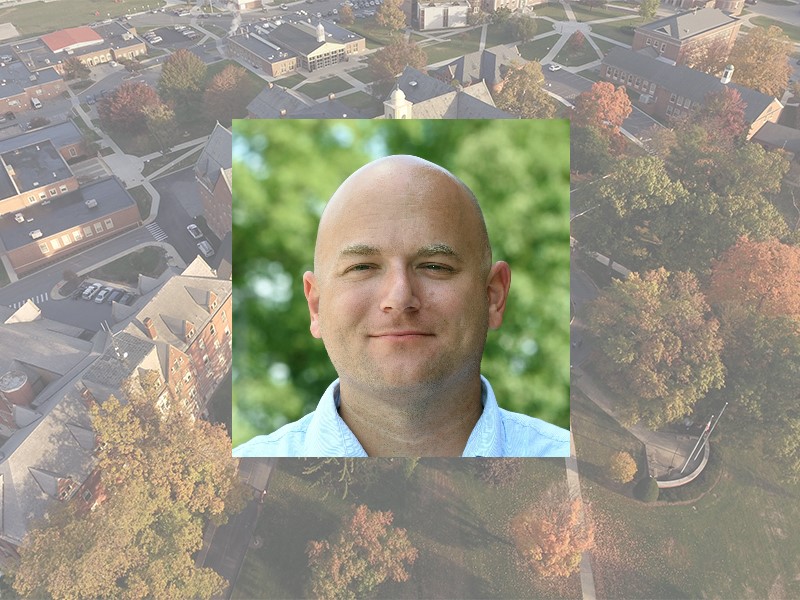Dr. Lawrence Eppard’s book “Poorly Understood: What America Gets Wrong About Poverty” was named to the St. Louis Post-Dispatch’s “20 of Our Favorite New Books from 2021″ list. Lawrence co-authored the book with Mark Robert Rank and Heather Bullock with the goal of changing the narrative surrounding poverty in the United States. The book was also reviewed by the Washington Post and the New York Times book review section.
The Shippensburg University Magazine featured a Q&A with Eppard discussing the book.
What inspired you to write this book?
There is so much information out there about every topic imaginable. To have a comprehensive understanding of any given topic, however, you need to know which information to look for, how to access it, and how to interpret it. This is challenging even for trained researchers, let alone the general public. So I just felt like it would be very useful for people to have so many of the important myths about American poverty addressed in one place.
What is the biggest myth about poverty in America?
That’s a hard one. Most Americans would probably benefit from a deeper understanding of the relationship between race and economic disadvantage. Most African Americans are not poor, and most poor people are not Black. But African Americans are disproportionately poor, and I think if more people understood the complex forces responsible for this relationship it would benefit our society in a number of important and positive ways.
Other important myths are that welfare fraud is rampant (it certainly happens but most recipients do not commit fraud), poor Americans are poor forever (a majority aren’t poor for longer than a year or two), poverty happens to other people (it happens to most Americans), and that nothing can be done to reduce poverty.
How do we address/fix these misconceptions/myths?
This book is one effort! There has been an incredible awakening in this country over the last 5-10 years or so concerning issues of racial and economic inequalities. It is incredibly encouraging. Getting reliable information out into the public discourse, keeping the conversation going on social media and in other arenas, it is really making a big difference.
What surprised you most during your research for this book?
I was shocked this book did not already exist. When I first came up with the idea I thought for sure I would find a book like this already published. Maybe there is one but I did not find it.
Do you incorporate this topic into your classes?
Absolutely. I teach introductory sociology courses, and poverty/social class/inequality are a big part of that course. I also teach courses on social inequality and race in America, so there is no escaping this topic.
Who do you hope reads this book?
I think college students should understand the basics of this stuff before they graduate. And of course I would love for the general public to understand it as well.

